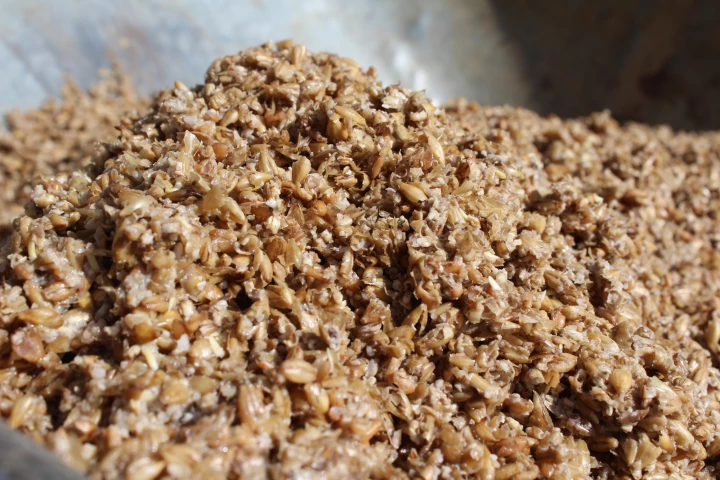Virginia Tech
-
Engineers at Virginia Tech have developed a new, more efficient solar still design. Inspired by mangrove roots, the "synthetic tree" mimics the natural process of transporting water up through roots and stems into leaves.
-
Ducks have specialized feathers that keep them from getting too wet. Now, engineers at Virginia Tech have investigated the physics behind how they work and developed synthetic feathers that could help ships glide through the water more easily.
-
The brewing of beer produces great quantities of leftover grain, which often ends up being processed into cattle feed. Scientists have developed a new method of extracting the protein and fiber from that waste, however, for use by humans.
-
Dopamine and serotonin are brain chemicals implicated in a range of neurological disorders including Parkinson’s and depression. A new tool is offering an unprecedented look at these neurotransmitters in action.
-
Headlines lately have been screaming about how scientists in Antarctica have discovered evidence of a parallel universe where time runs backwards. While we seriously wish that was true, a new study has put forward a more realistic explanation.
-
Researchers have identified a new molecule that manipulates the metabolic process so that the body burns more fuel than is actually necessary, reducing body fat in mice without requiring changes to their diet.
-
Two paleontologists at Virginia Tech have found micro-fossils of green seaweed in China that are one billion years old and may be related to the first plants to colonize the land in Earth's distant past, 450 million years ago.
-
When it comes to body armor, there's typically a trade-off – it can either be highly impact-resistant or flexible, but not both. That may not be the case for much longer, however, thanks to an experimental new material inspired by a mollusc.
-
In order to better trap or evade malaria-carrying Aedes aegypti mosquitoes, it helps if we know more about the manner in which they track their victims. New research now indicates that it's a matter not just of smell, but also enhanced visual processing that's triggered BY smell.
-
A promising new cancer-fighting approach developed at Virginia Tech leans on the penetrative properties of a salmonella infection, which they’ve found can be used as a vehicle to smuggle important nanoparticles into a tumor in a huge abundance.
-
Following years of research and development, an accidental fire and rebuild, and around a month in the Dubai desert, Virginia Tech students have won the 2018 Solar Decathlon Middle East with the FutureHaus. The prefabricated modular home runs from solar power and was assembled in under two days.
-
In order to keep ice from forming on surfaces such as airplane wings, toxic chemicals are typically applied. And while there are experimental chemical-free alternatives, they still require a power source or involve coatings that can wear off. A new system, however, gets around those issues.
Load More











